
Sleep – Part I
The other night, about 3:00 AM I was lying in bed wide awake thinking about…. sleep. It’s natural to think about sleep when you’re having trouble doing it. I’ve had intermittent insomnia for my entire adult life. Sometimes I’ll go several days with not much more than two or three hours of sleep a night and then I’ll go several days where I can sleep six, seven or eight hours. I’m not sure what causes insomnia at one time but not another.
I’ve spent a lot of time thinking about sleep. Mostly, I think about why I can’t sleep and what I can do to get to sleep. I’ve read a lot about specific tips and techniques to improve sleep. I’ve tried many of the so-called “sleep hygiene” regimens. I’ve tried herbal preparations and prescription sleep medications. Lately I’ve been using a sleep mask with some positive results. I’m easily awakened, and it has helped with that.
But, with one of those middle of the night revelations, I realized that in all my years of thinking about sleep I’ve never really thought about what sleep is and why we need to do it. So, I’m going to embark on a three-part post about sleep. This is Part 1; it’s a look at what sleep is and why we do it. In Part 2 we’ll look at why we can’t sleep and the various things that cause us to lose sleep. Part 3 will be a survey of the many things available that may or may not help us to get that good night’s sleep.
What Is Sleep?
We will spend anywhere from 25 to 30% of our lives asleep so we really ought to have a better understanding of exactly what it is.
Merriam-Webster defines sleep as: The natural, easily reversible periodic state of many living things that is marked by the absence of wakefulness and by the loss of consciousness of one’s surroundings, is accompanied by a typical body posture (such as lying down with the eyes closed), the occurrence of dreaming, and changes in brain activity and physiological functioning….
As with many dictionary definitions my first response is “What?” So, let’s see if I can come up with something that’s a little more than a physical description of someone laying on the couch asleep.
Our bodies crave sleep just like they crave food. The major difference is your body can’t force you to eat but it can force you to sleep.
The reasons why we sleep and what happens during sleep are not completely understood. People used to believe that sleep was a passive activity when the brain and the body were dormant. But, according to sleep specialist and neurologist Dr. Mark Wu, MD “… it turns out that sleep is a period during which the brain is engaged in a number of activities necessary to life which are closely linked to the quality of life.”
Cycle of Sleep
Everyone’s heard of the sleep cycle so I’m just going to briefly touch on it here. There are two basic types of sleep. The first is non-REM sleep which also has three stages of its own and the second is the rapid eye movement (REM) sleep.
The three stages of non-REM are Stage 1 which is the transition into sleep and is relatively light. It is when brain waves begin to slow down. Stage 2 is the period just before you enter into deeper sleep when your heart rate and breathing slow, your muscles relax, your body temperature starts to drop, and eye movements stop. This is the stage where you spend most of your sleeping time. Stage 3 of non-REM sleep is the period of deep sleep that you need to feel refreshed in the morning. It occurs more during the first half of the night. Your heartbeat and breathing are slowed to their lowest level, and you are most relaxed. Brain waves are at their slowest.
REM sleep first occurs about 90 minutes after falling asleep. Your eyes move rapidly even though your eyelids are closed. Your brain waves are closer to those when you are awake. Breathing becomes faster and your heart rate and blood pressure increase. This is when most of your dreaming occurs. Although, some can occur during non-REM sleep periods. During REM sleep your arm and leg muscles may become temporarily paralyzed which prevents you from acting out your dreams. As you age, you spend less time in REM sleep.
What Happens When We Sleep?
If we’re going to spend this much time sleeping there must be some benefit to it, right? Surely it is not just a way to pass the time until we have something better to do.
There have been a lot of theories over the years about why we sleep. Some of the older ones include the adaptive or evolutionary theory that says animals sleep during periods of vulnerability, such as darkness, so that they won’t attract attention. However, this seems to be counterintuitive. During periods of vulnerability, I would certainly want to be most alert. Another theory is that of energy conservation. During periods of sleep the body has less need for energy and will not require food as often. For most of human history, and continually for the rest of the animal world, food is a scarce item and energy conservation is important to survival.
People have always recognized that somehow sleep helped rejuvenate us. Newer research points to this as probably the main reason why we sleep. Sleep helps clear the brain of waste products that accumulate when we are awake allowing it to function more efficiently.
Sleep also helps us consolidate the day’s memories. It facilitates the conversion of short term to long term memories so that they are more readily accessible. Sleep also improves alertness, concentration, and cognitive performance. This may be why some people recommend a good night’s sleep rather than an all-night cramming session prior to finals.
Sleep helps regulate various hormones that are responsible for appetite control, growth, and metabolism. Poor sleep can exacerbate physical problems such as diabetes, hypertension, and obesity. Sleep is essential to our immune function; prolonged periods of sleep deprivation put us at risk for opportunistic infections. Sleep is also important for our emotional well-being and for helping to prevent anxiety and depression.
I will finish this post with two quotes that I particularly like about why we sleep.
Sleep is an investment in the energy you need to be effective tomorrow.
-Tom Rath, American author and consultant
Sleep is the golden chain that ties health and our bodies together.
-Thomas Dekker, 17th Century English poet and playwright

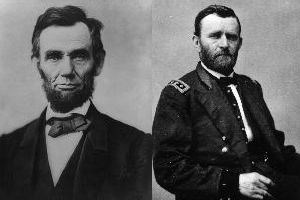
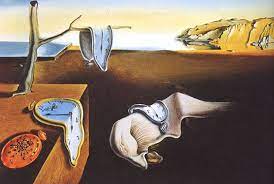


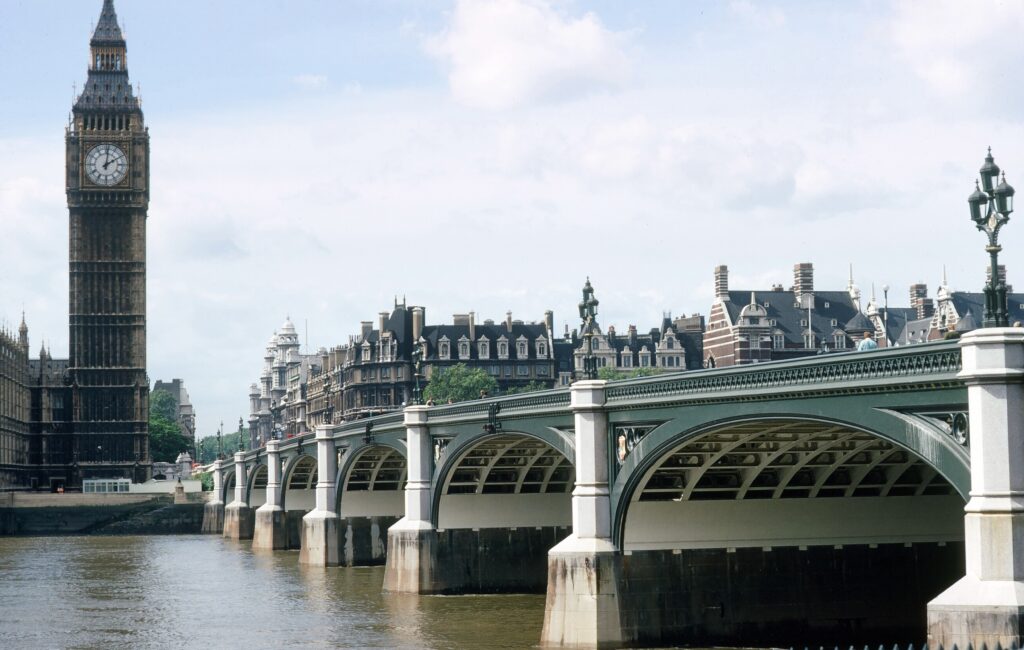






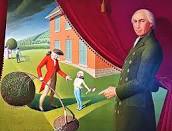

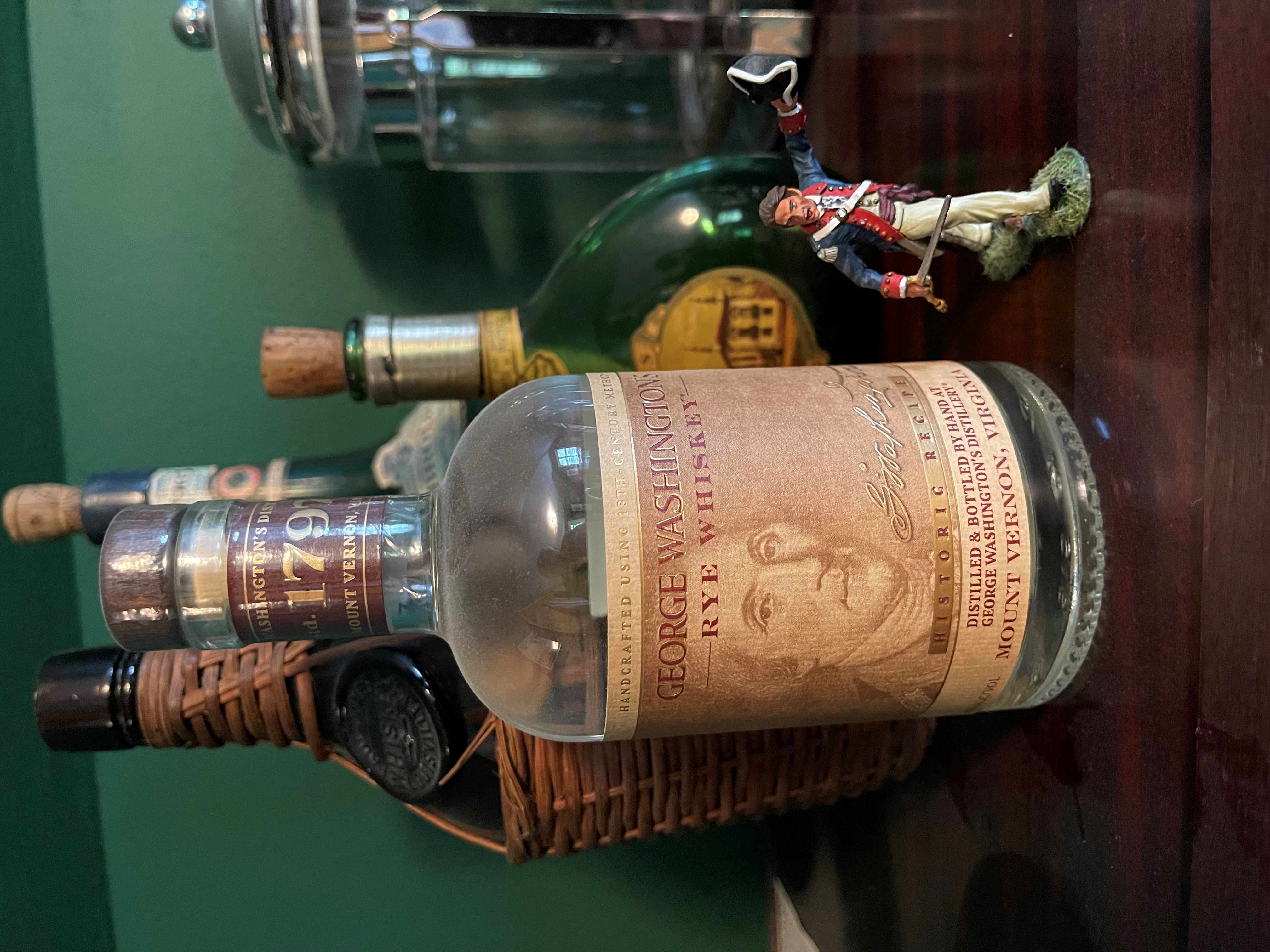
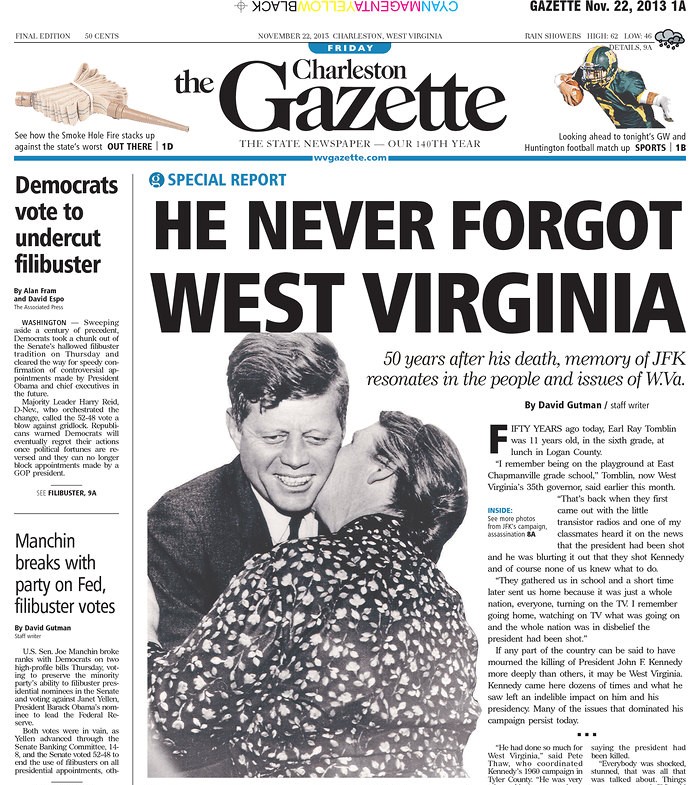
50th Post
By John Turley
On September 12, 2023
In Commentary
When I started this blog over 2 1/2 years ago, I didn’t expect to reach 50 posts. I thought I would run out of ideas long before this. OK, I know some of you guys are saying I ran out ideas long ago, but I’m going to keep on with it anyway. The ideas all may not be new to you, but they’re new to me and I hope I can present you with a new twist on some of them.
I’ve learned a lot doing this blog. One of the things that I’ve learned is that I continue to have a fascination with trivia. I might be rich now if I weren’t so interested in things that have no monetary value. But that’s the way it is. I’ve always said that I am the master of useless information.
I really enjoy the research and the writing. Recently, I’ve been experimenting with artificial intelligence in the form of ChatGPT. It can certainly produce a lot of results in a short period of time. Unfortunately, it’s not always accurate. I found that names and quotations are frequently a little bit off. Occasionally, it seems that AI has just completely made up something and I find that I can’t verify it. I know there’s a concern that people will stop doing their own work and just produce an AI generated product. But at this time, I don’t feel AI is reliable enough for use as anything but a starting point for your own work.
One of the most significant things I’ve learned is that Margie is an excellent editor. I give her all my posts before I publish them. Her comments are always spot on and significantly improve my articles.
When I first started doing this, Margie and I decided I should avoid politics. With a few exceptions, I have done this. When I have ventured into the realm of politics those are the few times we disagreed about my posts. As usual, she is generally right.
I do this because I enjoy it. I hope you enjoy it as well. If there is anything in particular that you would like me to write about or to comment on, please let me know. Otherwise, my comments will be random as they occur to me.
Hopefully, I will last long enough to do another 50 or God forbid, another 100.
The Grumpy Doc thanks everyone who has been reading this blog. When someone tells me they read one of my posts it makes me very happy. Please know that you don’t have to agree with me. Disagreement and discussion can lead to growth on both sides. I hope you will respond on the website with any ideas you may have so that we can continue this journey together.